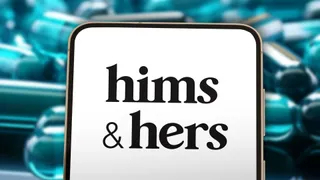
Effects of GSK v Teva ripple after SCOTUS denies cert
Last week (May 15), the Supreme Court denied certiorari in GlaxoSmithKline v Teva Pharms USA (GSK v Teva), locking in the US Court of Appeals for the Federal Circuit’s second panel decision which held that Teva’s attempted section viii carve-out of an indication covered by a patented method of use was not ‘skinny’ enough to avoid being liable for infringement.
Already registered?
Login to your account
If you don't have a login or your access has expired, you will need to purchase a subscription to gain access to this article, including all our online content.
For more information on individual annual subscriptions for full paid access and corporate subscription options please contact us.
To request a FREE 2-week trial subscription, please signup.
NOTE - this can take up to 48hrs to be approved.
For multi-user price options, or to check if your company has an existing subscription that we can add you to for FREE, please email Adrian Tapping at atapping@newtonmedia.co.uk

